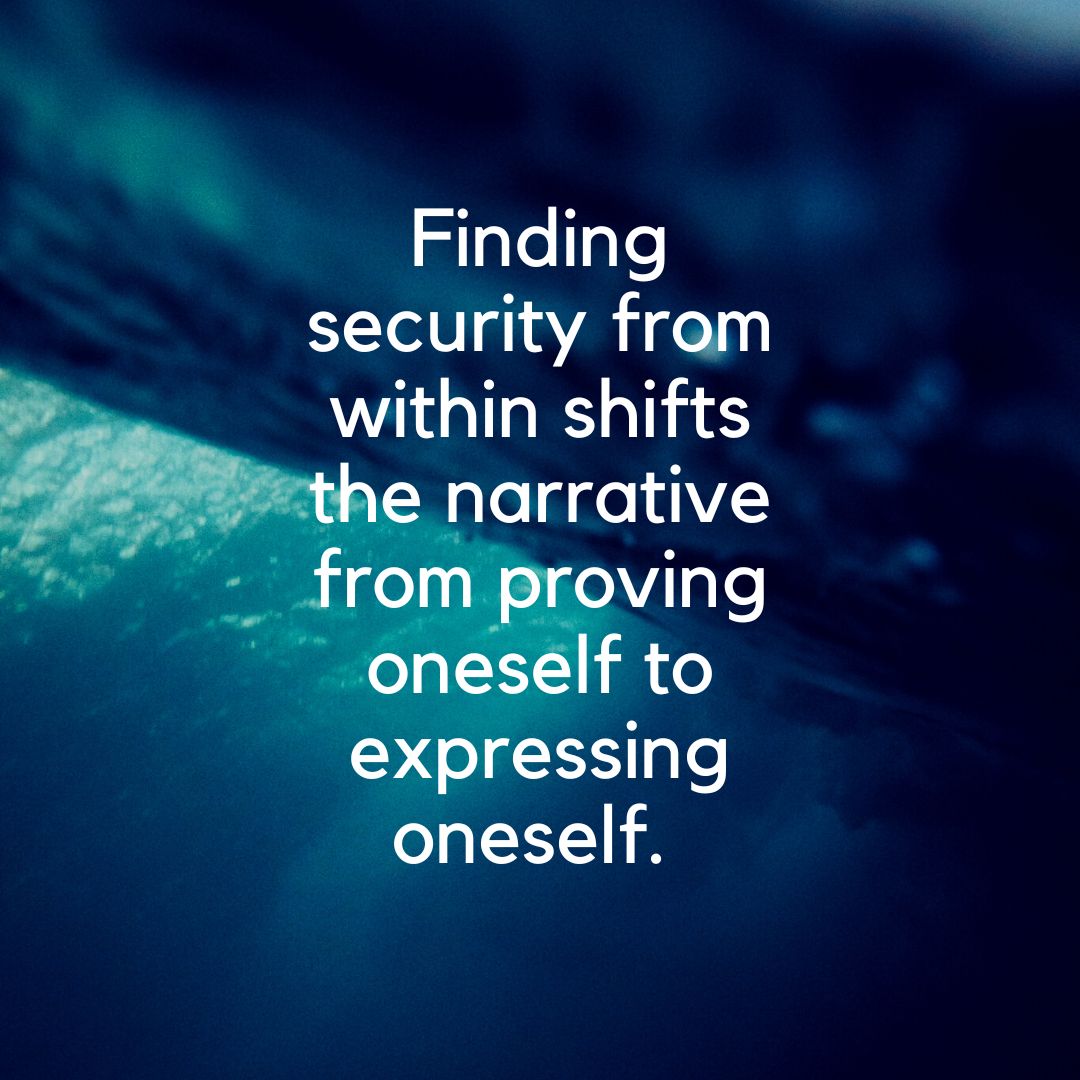What are the stories that run your life?
 What are the stories that run your life?
What are the stories that run your life?
After reading Dain Dunston’s thought-provoking book, Being Essential: Seven Questions for Living and Leading with Radical Self-Awareness, I was intrigued by the notion that our stories can unconsciously drive our lives. So we best be sure that we know what these narratives are and that they are true for the context we are currently living.
At four years old, I was incubated in an oxygen tent with a poliovirus infection. It created significant trauma, as I didn’t see my parents for weeks. In those days no visitors were allowed. I remember lying there alone crying myself to sleep, wondering if they would ever return.
After I went home, my arms and legs were very weak, so my father, a gymnast, coached me on the parallel bars and tumbling mat in our basement each day to help rebuild my strength.
And when I was bullied and teased at school, attributed, at least in part, to the residue of a weakened body, my dad would say, “Don’t pray for the world to get easier, pray for you to get stronger.”
The result of years of passionate dedication was a track scholarship at university. I credit my ability to overcome adversity through discipline and focused work to my father’s patient and persistent support and love. My commitment and the results that followed increased my confidence as I went on to build a successful speaking and consulting business.
However, in the process, I unconsciously created a story that my worth is dependent on what I can prove to the world I can overcome and achieve.
While the story served a vital purpose at the time, it eventually exceeded its function and led to unbridled ambition and eventual workaholism, tension, neglected relationships, a life out of balance, and burnout.
As I find my security from within, the narrative is now shifting from proving myself to expressing myself, from uncontrolled obsession to meaningful, focused contribution in my work.
The journey was enhanced by Dain’s insights. I recommend his book to those committed to living an authentic life with greater self-awareness.



